
With the coordinated involvement of the entire political system and the spirit of solidarity shared across society, 21 localities across the country no longer have temporary or dilapidated homes. This is a vivid testament to a policy that truly resonates with the people, spreading through responsibility, compassion, and profound national unity.
A nationwide emulation movement
For many years, the Party and State have remained steadfast in their goal of developing the country while ensuring social welfare, refusing to sacrifice social progress and justice in pursuit of mere economic growth. Ensuring social security, especially for vulnerable groups, the poor, and those who have contributed to the revolution, has always been a priority. And this programme is a clear continuation of the Party’s consistent development path, which means placing people at the centre and seeing them as the foundation.
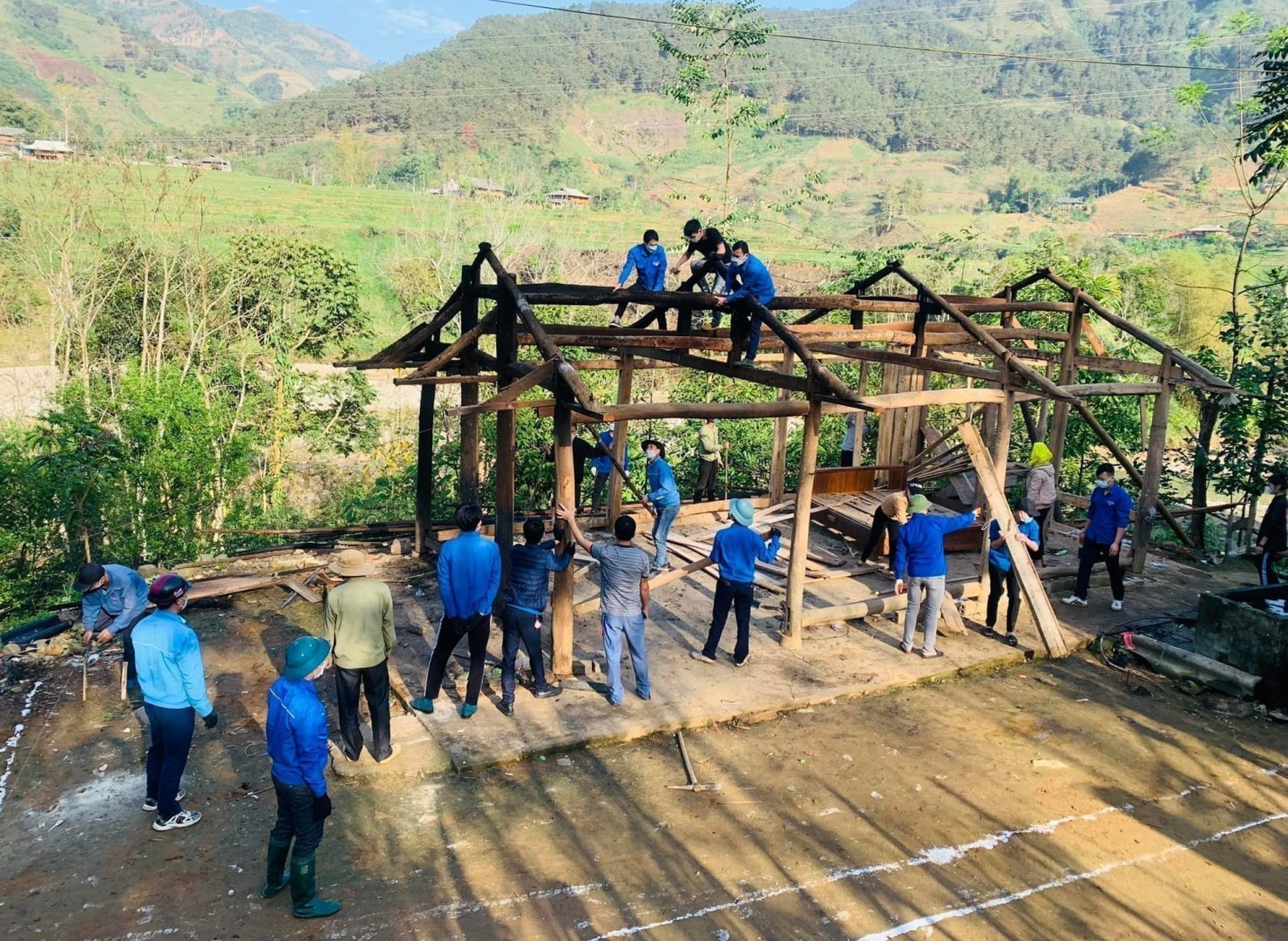
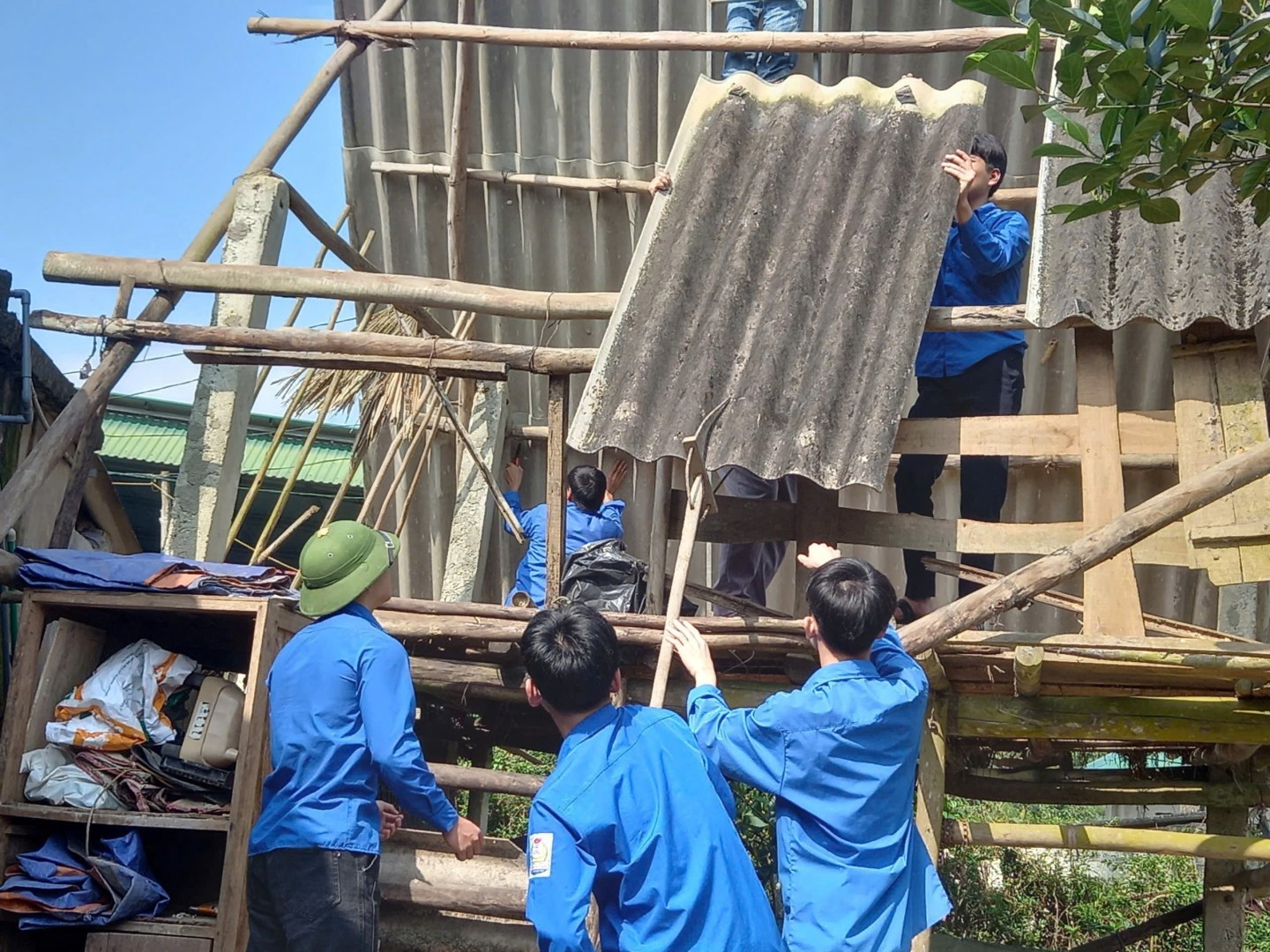
Originating from the directions of the Party Central Committee, specifically from General Secretary To Lam, the programme quickly became a widespread emulation movement. Party committees and administrations at all levels, from the central to the grassroots, have identified this as a key socio-political task for 2025 — a year marked by major political events, especially in the lead-up to the 14th National Party Congress.
More importantly, it aims not only to build homes but also to foster trust and spread a spirit of responsibility and compassion throughout society. Each house built stands as a symbol of national solidarity, a bond connecting the people with the Party, and linking generous people with those still facing hardships.
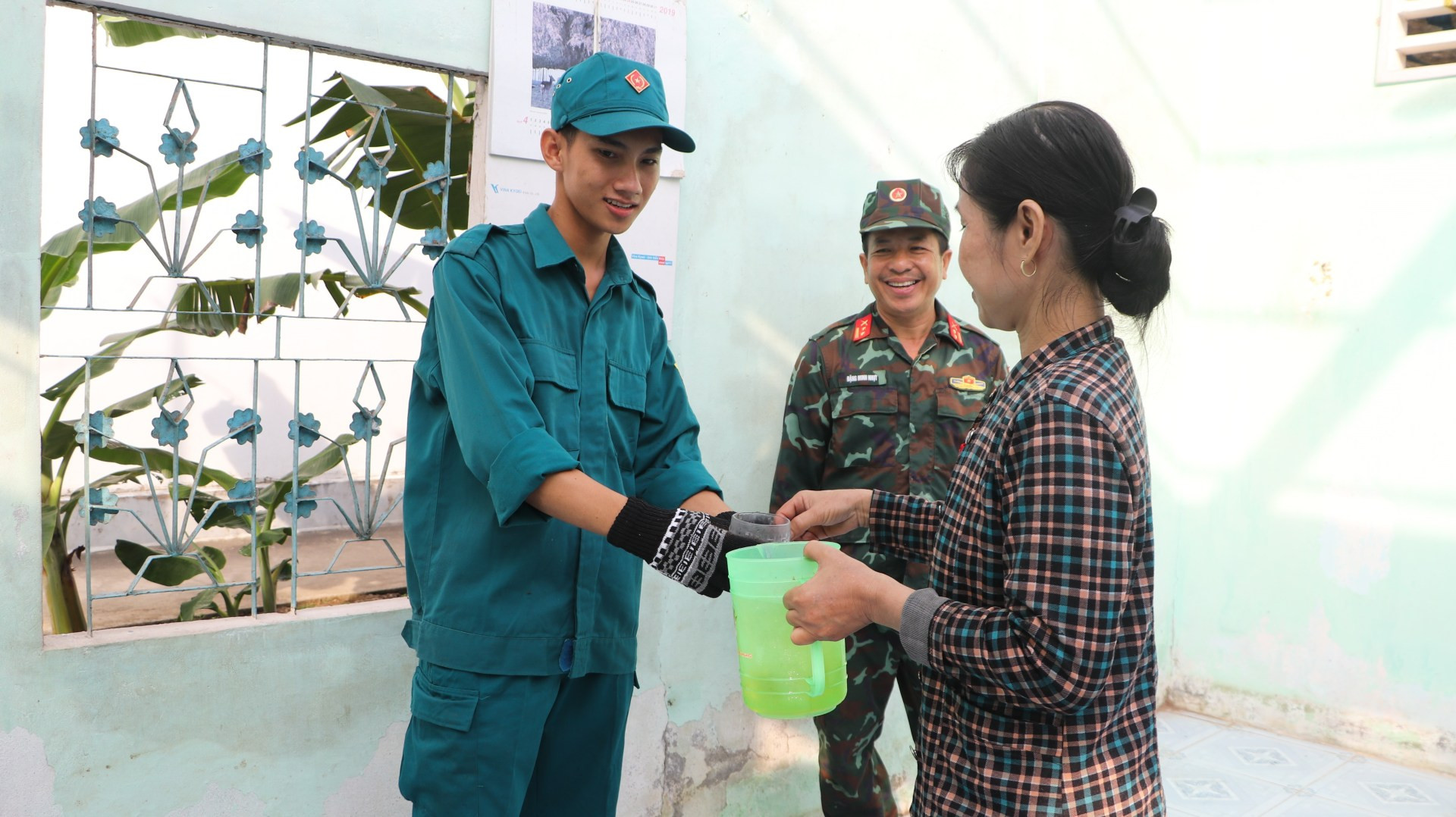
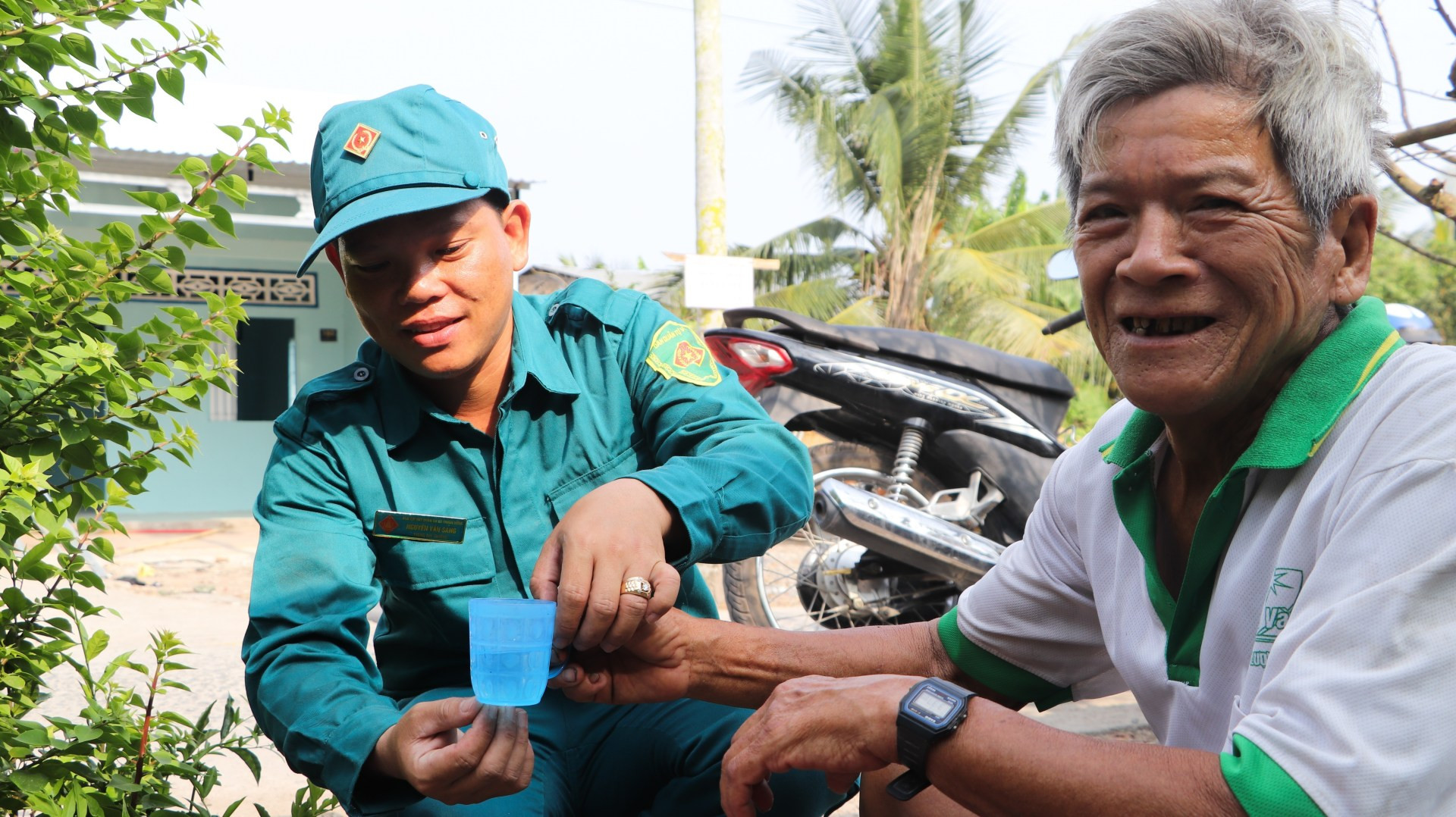
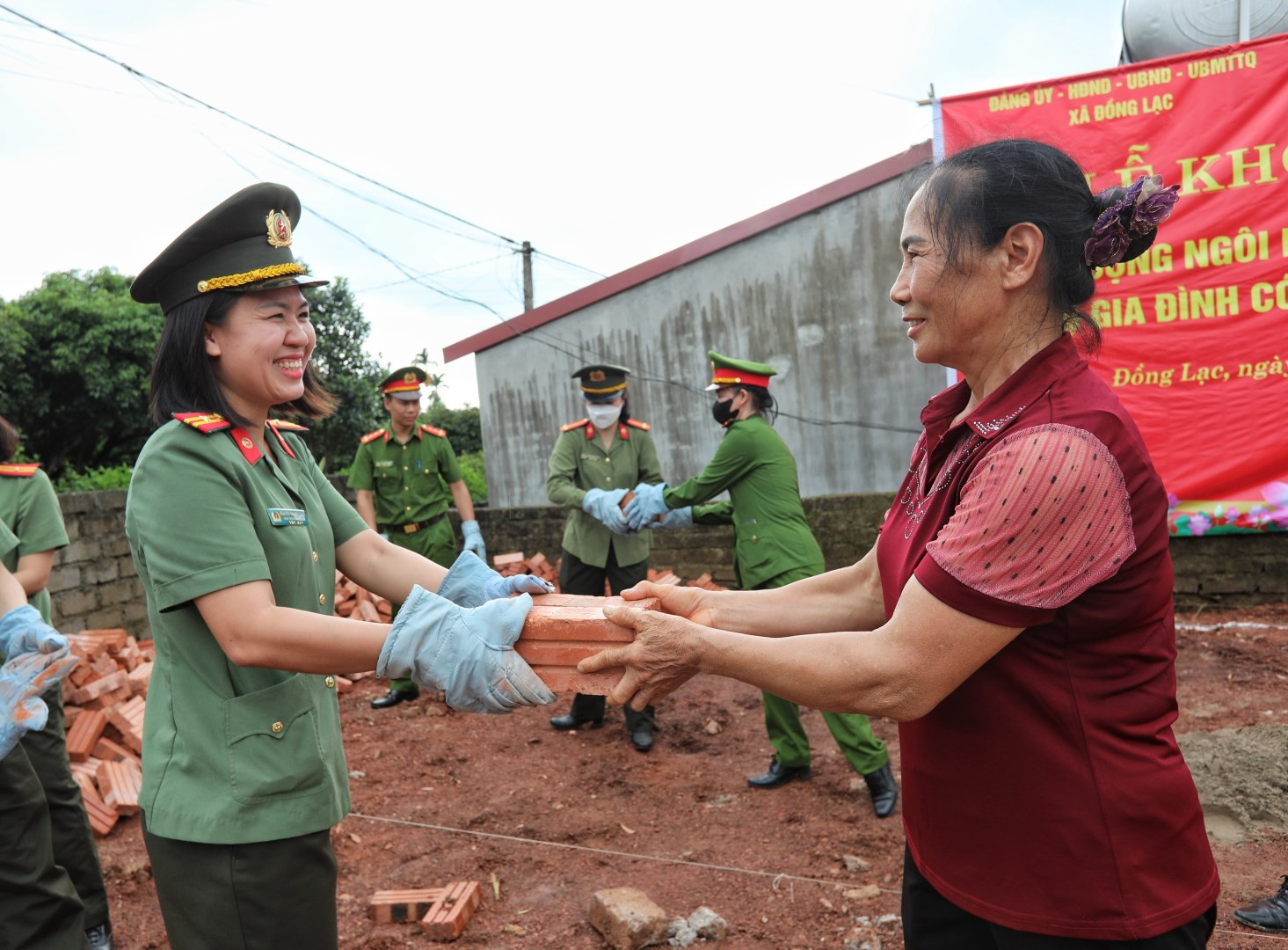
According to statistics from the Ministry of Ethnic and Religious Affairs, as of June 7, 21 localities nationwide had achieved the goal of eliminating makeshift and dilapidated houses.
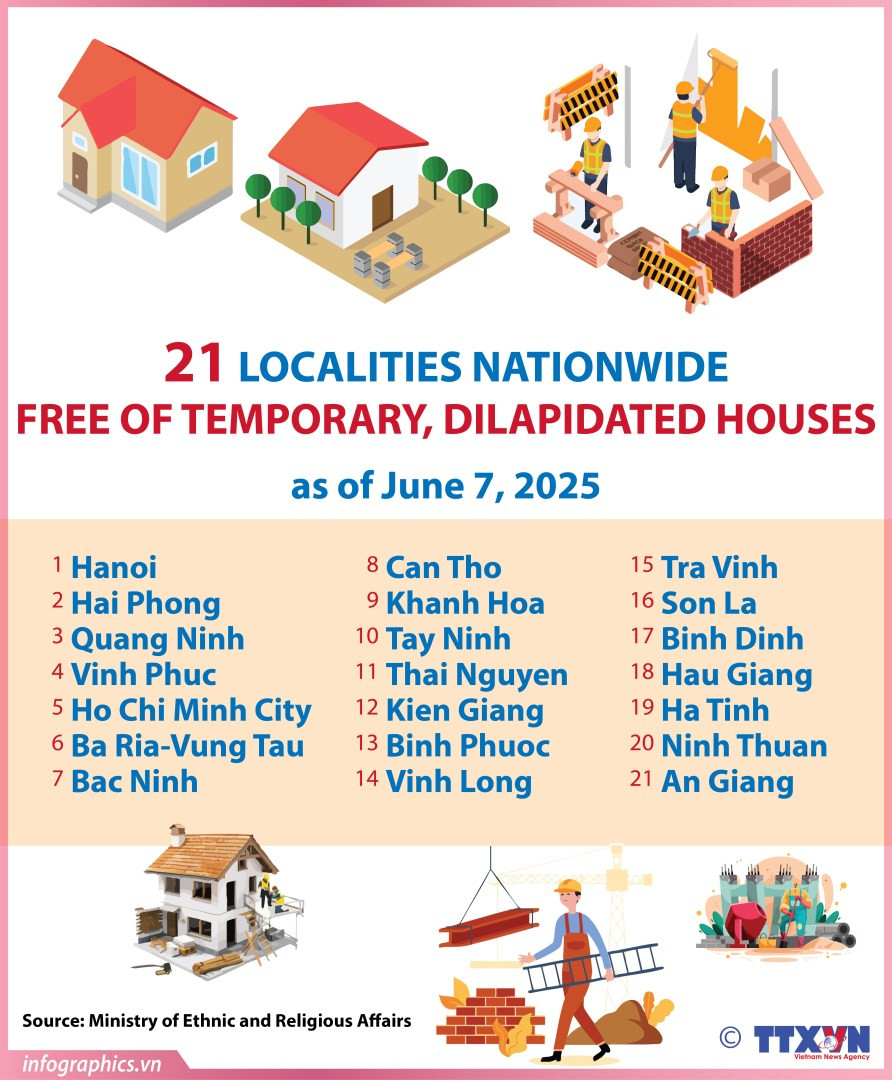
This is the result of coordinated efforts across the entire political system, from the Central Steering Committee for this work to every commune, village, and hamlet. It is also the synergy of resources from the state, enterprises, and the people, thus creating a powerful collective strength.
To date, ministries, agencies, units, banks, corporations, and enterprises have contributed 3.14 trillion VND (119 million USD) out of the 3.46 trillion VND target as set out when the programme was launched on October 5, 2024.
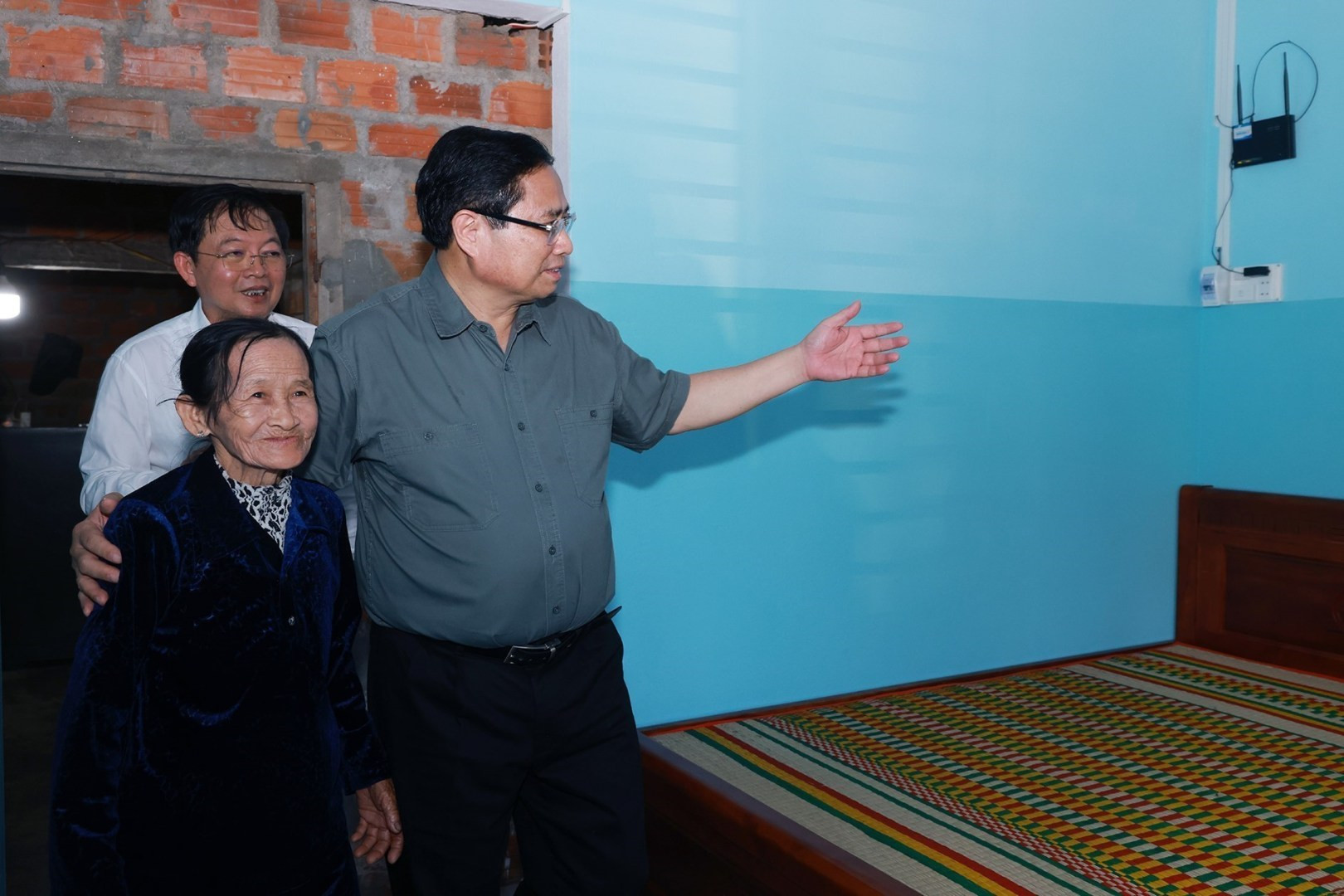
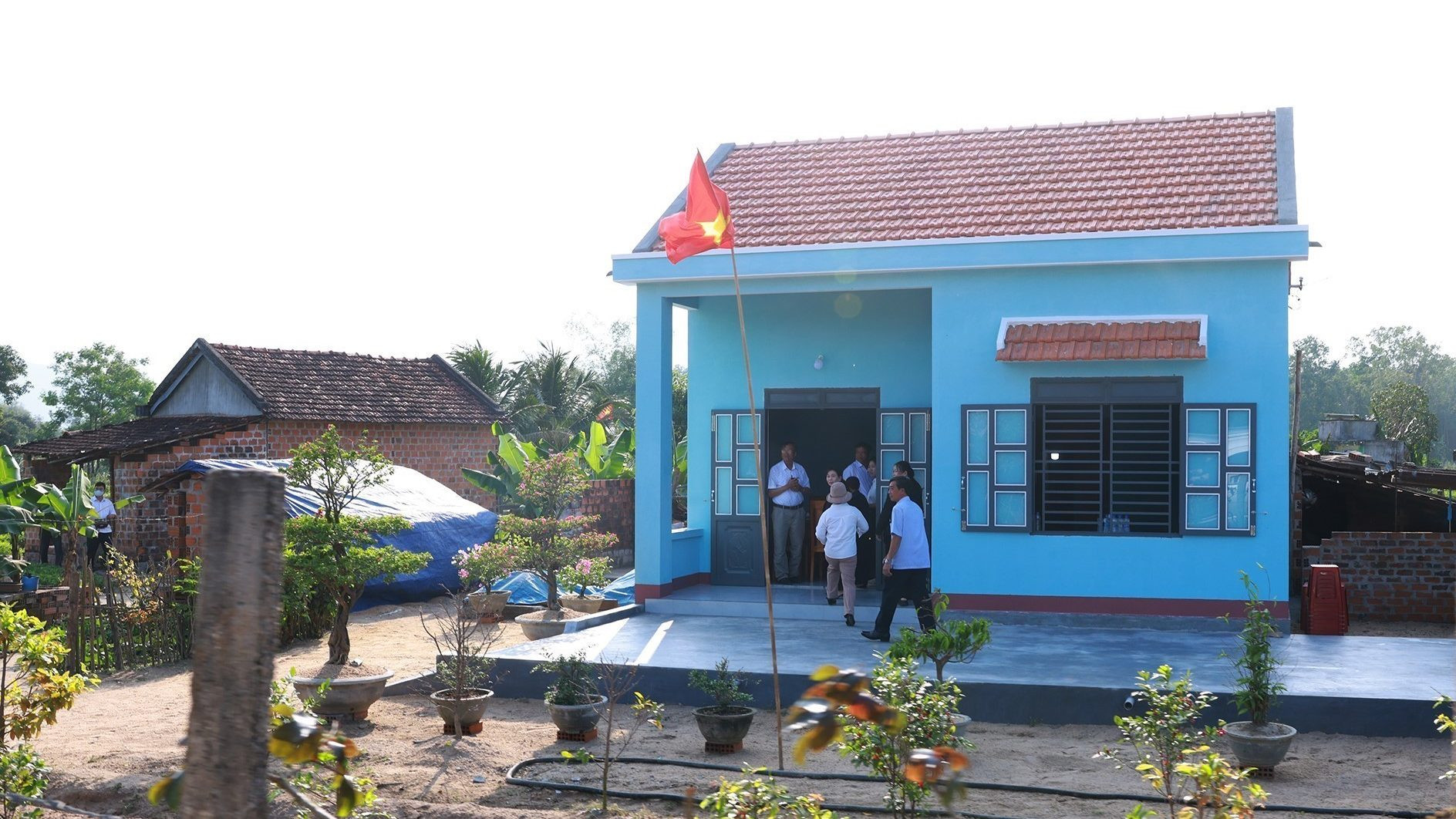
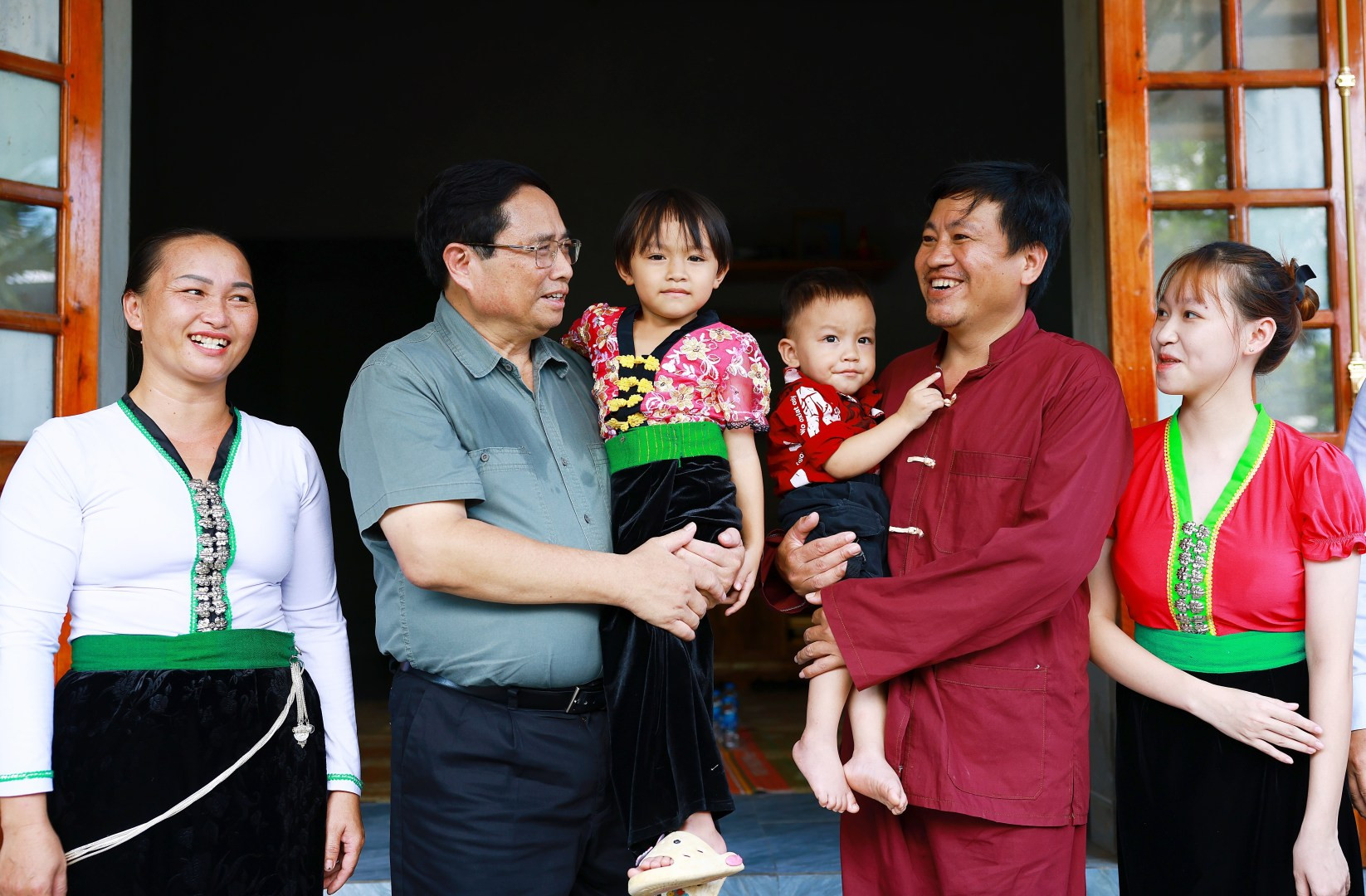
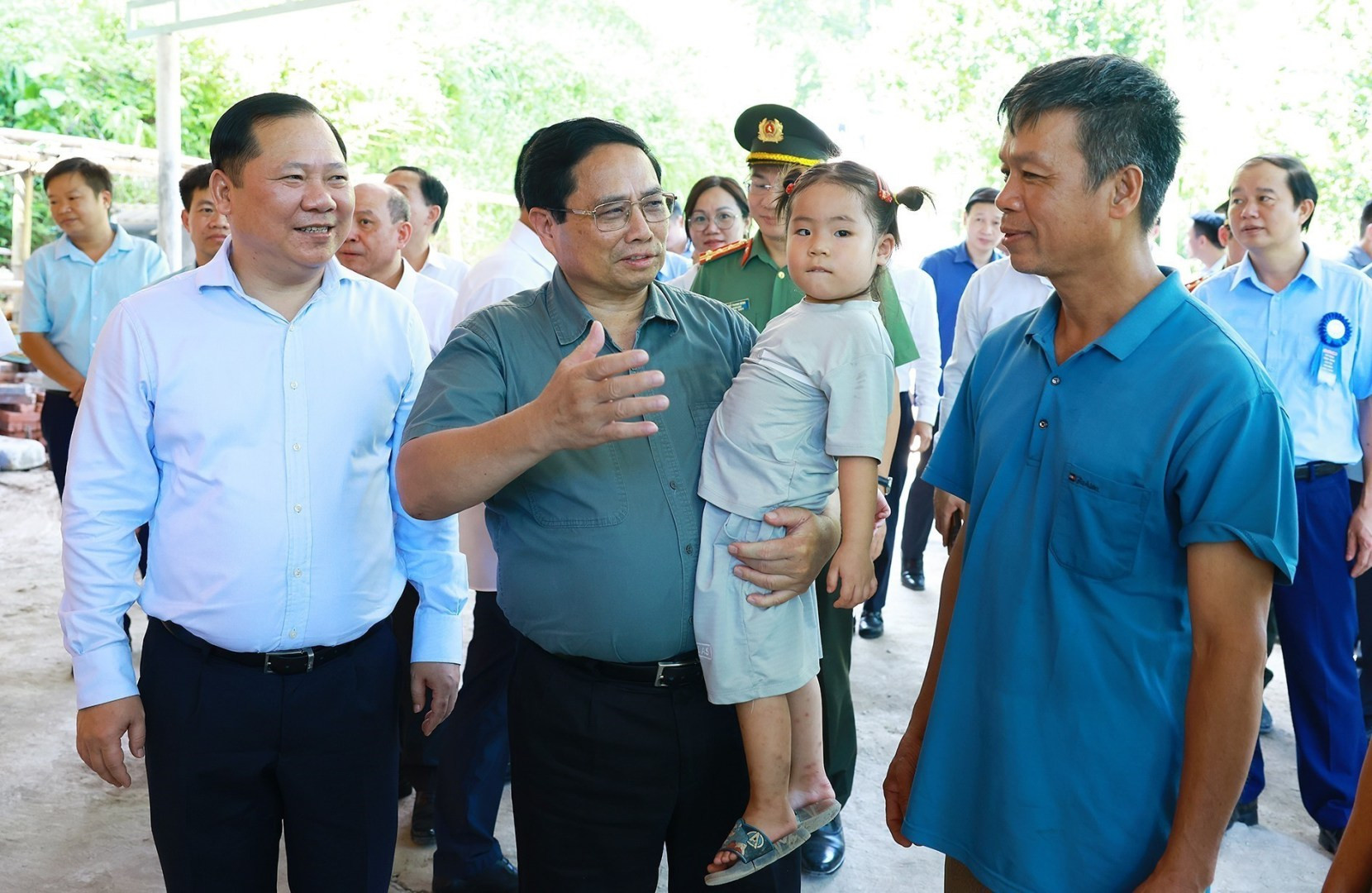
In addition, the “For the Poor” Fund has received more than 84 billion VND in donations to support the elimination of makeshift and dilapidated housing.
Striving to basically do away with substandard houses by October 31
Prime Minister Pham Minh Chinh has urged ministries, agencies and localities to take bold, focused and effective actions to achieve the goal of basically wiping out makeshift and run-down houses nationwide by October 31, two months ahead of the initial target.
Despite the very commendable results achieved, the task remains very challenging, PM Chinh noted, stressing that the elimination of these houses for people with meritorious services to the revolution has not yet met expectations in some areas.
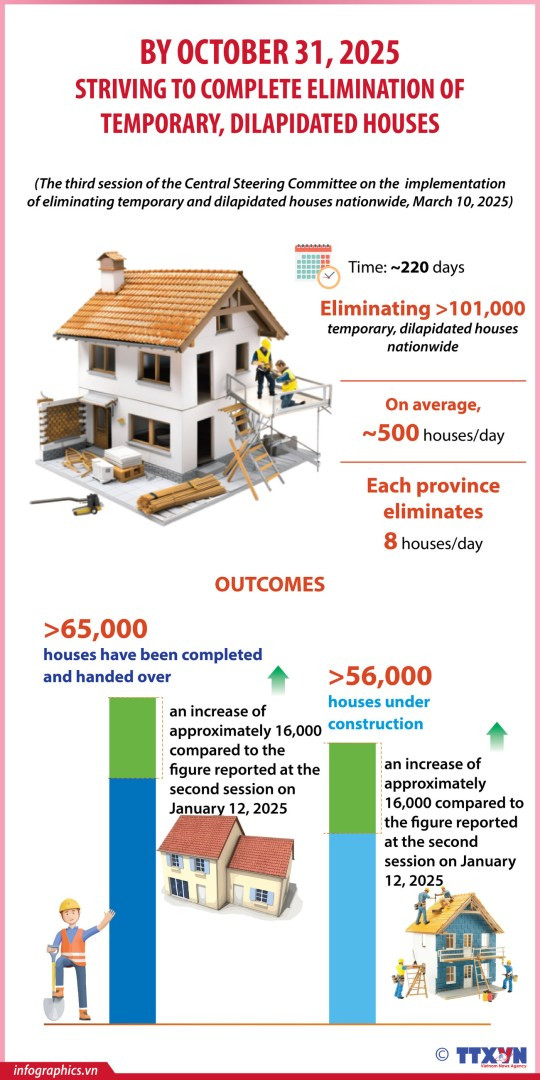
He requested the construction or repair of houses for martyrs’ families be completed by July 27 and for revolution contributors by September 2.
To ensure the progress, the Government has proposed a series of concerted and decisive solutions. First and foremost, it emphasises accelerating decentralisation and delegation of authority, coupled with the appropriate allocation of resources and strengthening the implementation capacity of localities. Alongside this, there is a firm commitment to eliminating cumbersome administrative procedures and thoroughly solving legal barriers related to land, finance, construction, and capital that have been slowing down the implementation process.
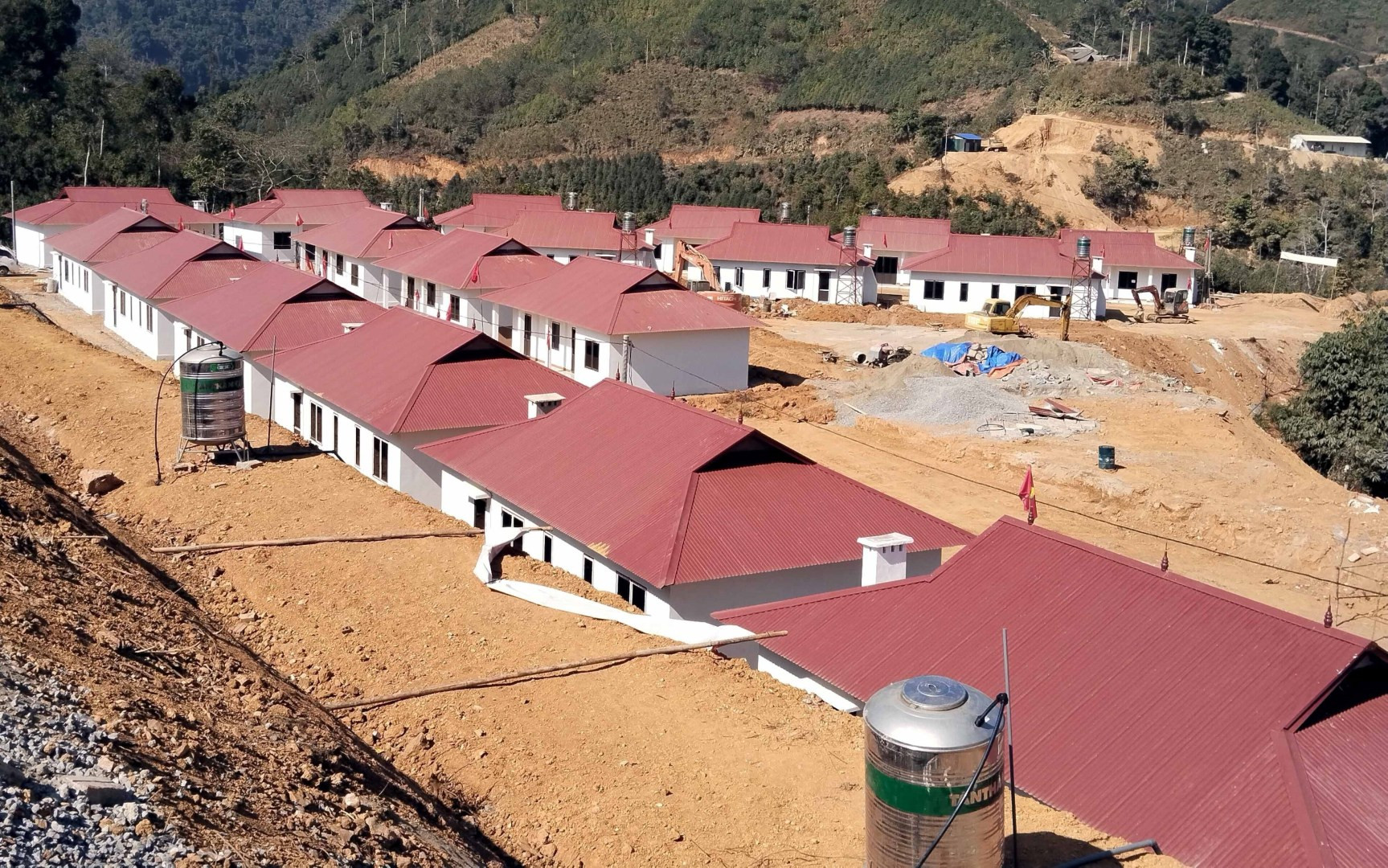
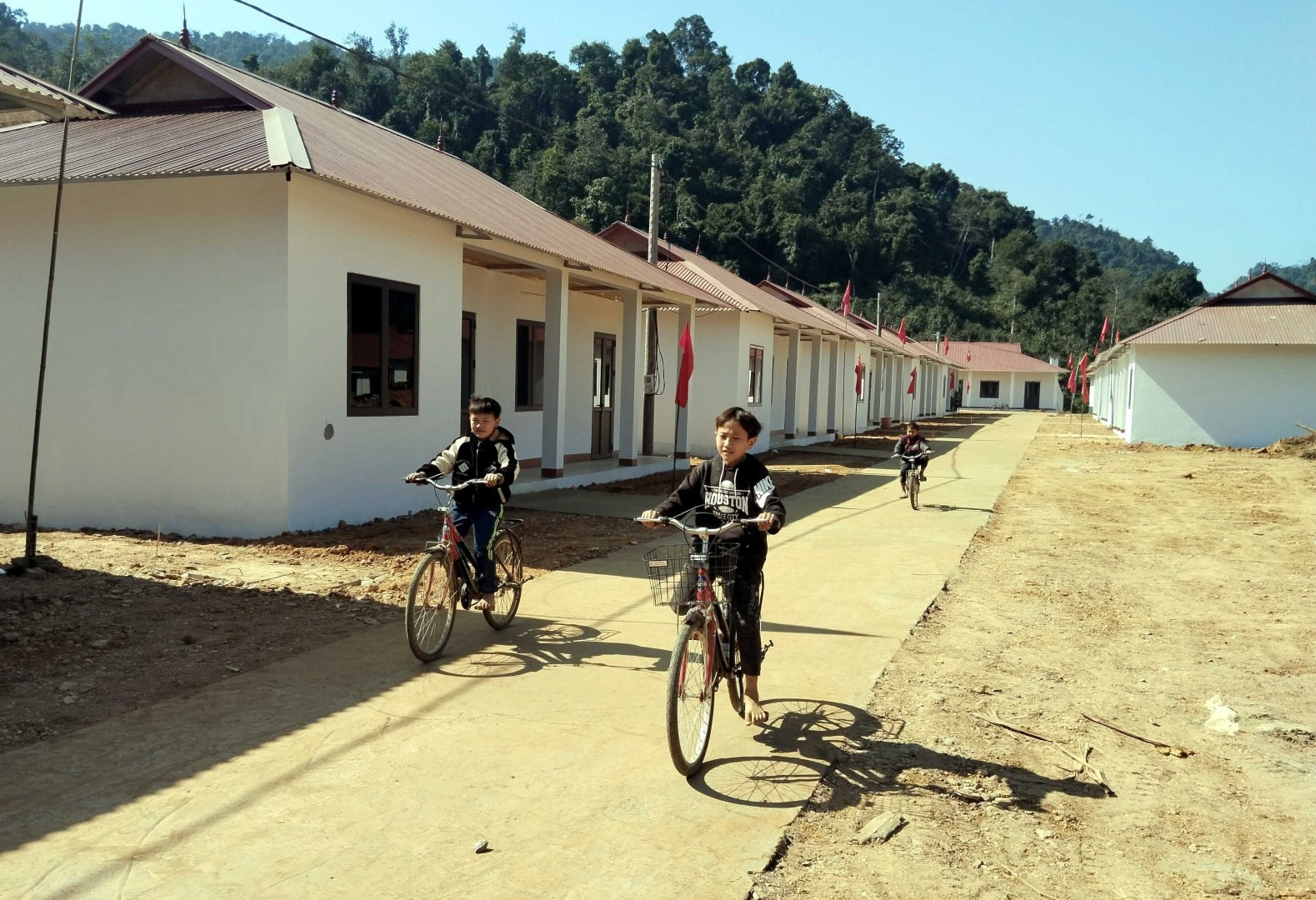
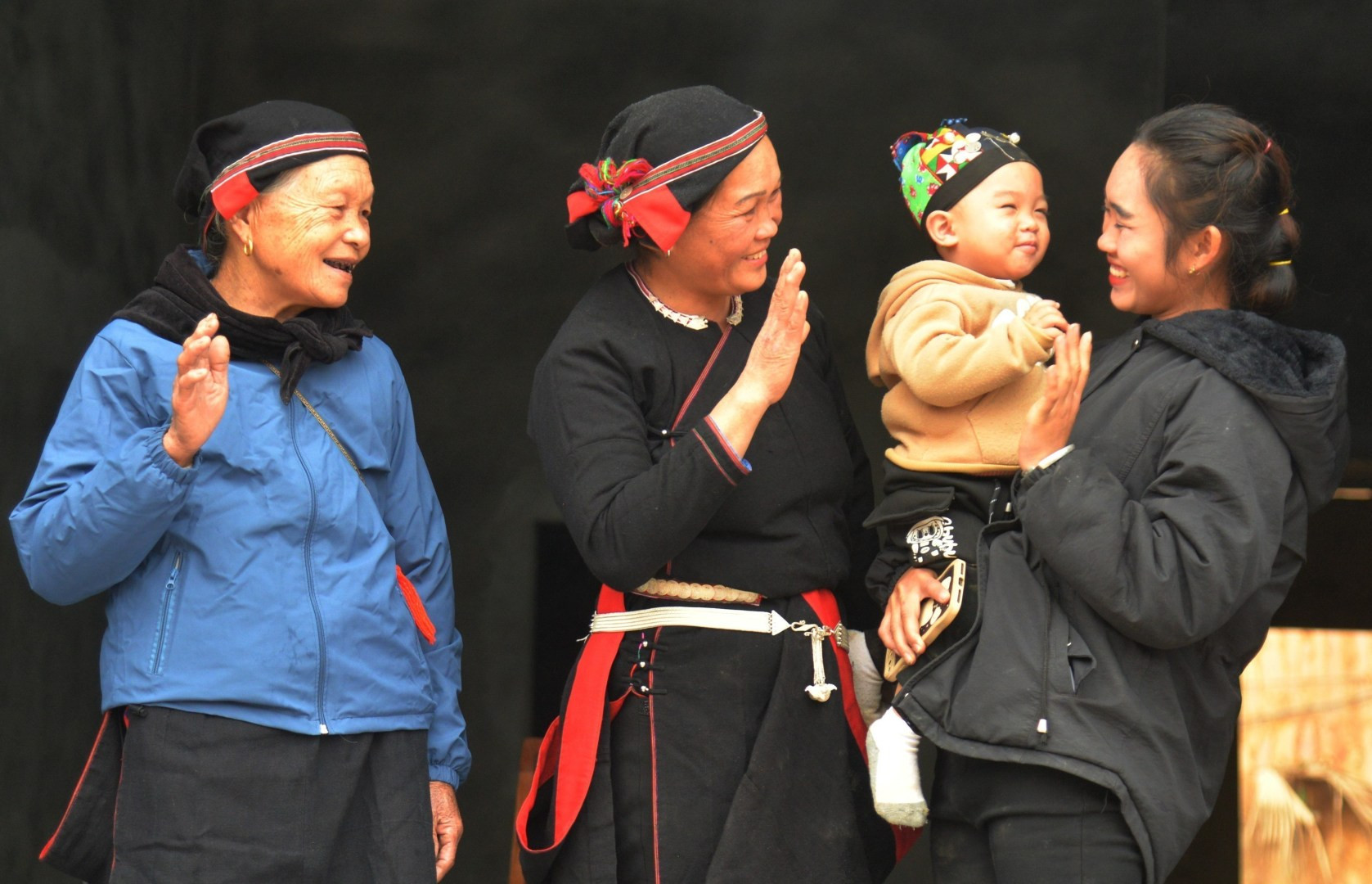
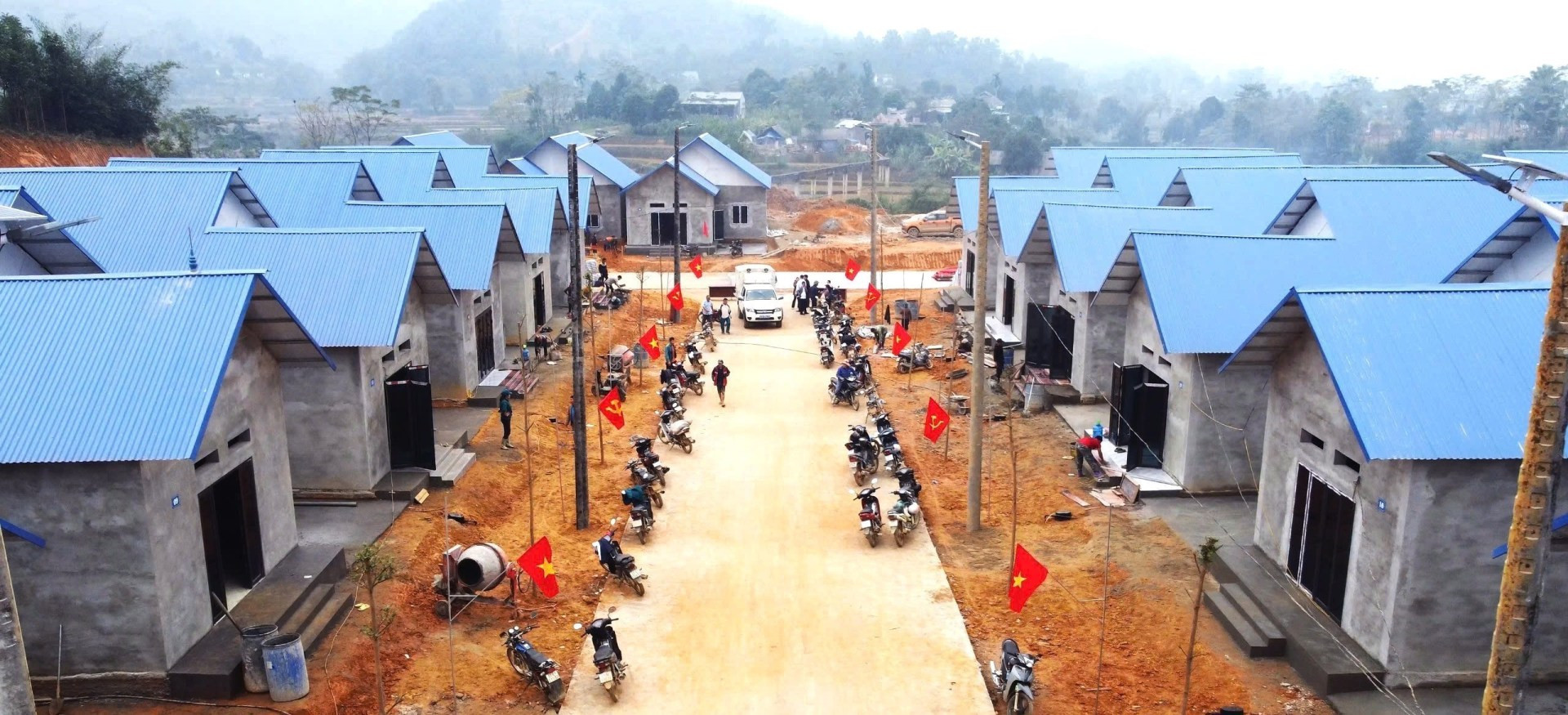
The Prime Minister also assigned specific tasks to each ministry and sector:
-
The Ministry of Ethnic and Religious Affairs was tasked with closely monitoring and updating the progress daily, proactively addressing difficulties faced by localities, and promptly advising the Prime Minister on addressing issues beyond local authority. At the same time, it will coordinate with the Ministry of Finance and the Vietnam Fatherland Front Central Committee to reasonably allocate funding from the “For the Poor” Fund and savings from the 2024 regular expenditure budget, ensuring that no locality experiences financial disruption.
-
The Ministry of Finance is responsible for guiding localities to advance budget payments if necessary and will take the lead in allocating housing support funds for people with meritorious services and their families in a timely manner and to the right beneficiaries.
-
The Ministry of Construction was tasked with urgently revising the guidelines on housing support levels under the national target programmes to align with the overall programme. It is also assigned to coordinate with the Ministry of Agriculture and Environment to solve land planning issues, ensuring the construction progress and quality of housing.
-
The State Bank of Vietnam was required to urge credit institutions to actively transfer committed support funds, ensuring progress.
The programme to eliminate temporary and dilapidated houses is not only a social welfare campaign, but also a particularly important political, urgent and long-term task, with profound social and humane significance. Completing this work in 2025 is “a command of the heart, conscience and responsibility to the community”, and at the same time a practical action to welcome Party Congresses at all levels, towards the 14th National Party Congress. The new houses are not only a place to live, but also a vivid symbol of the great national unity bloc, of a State of the people, by the people and for the people./. VNA